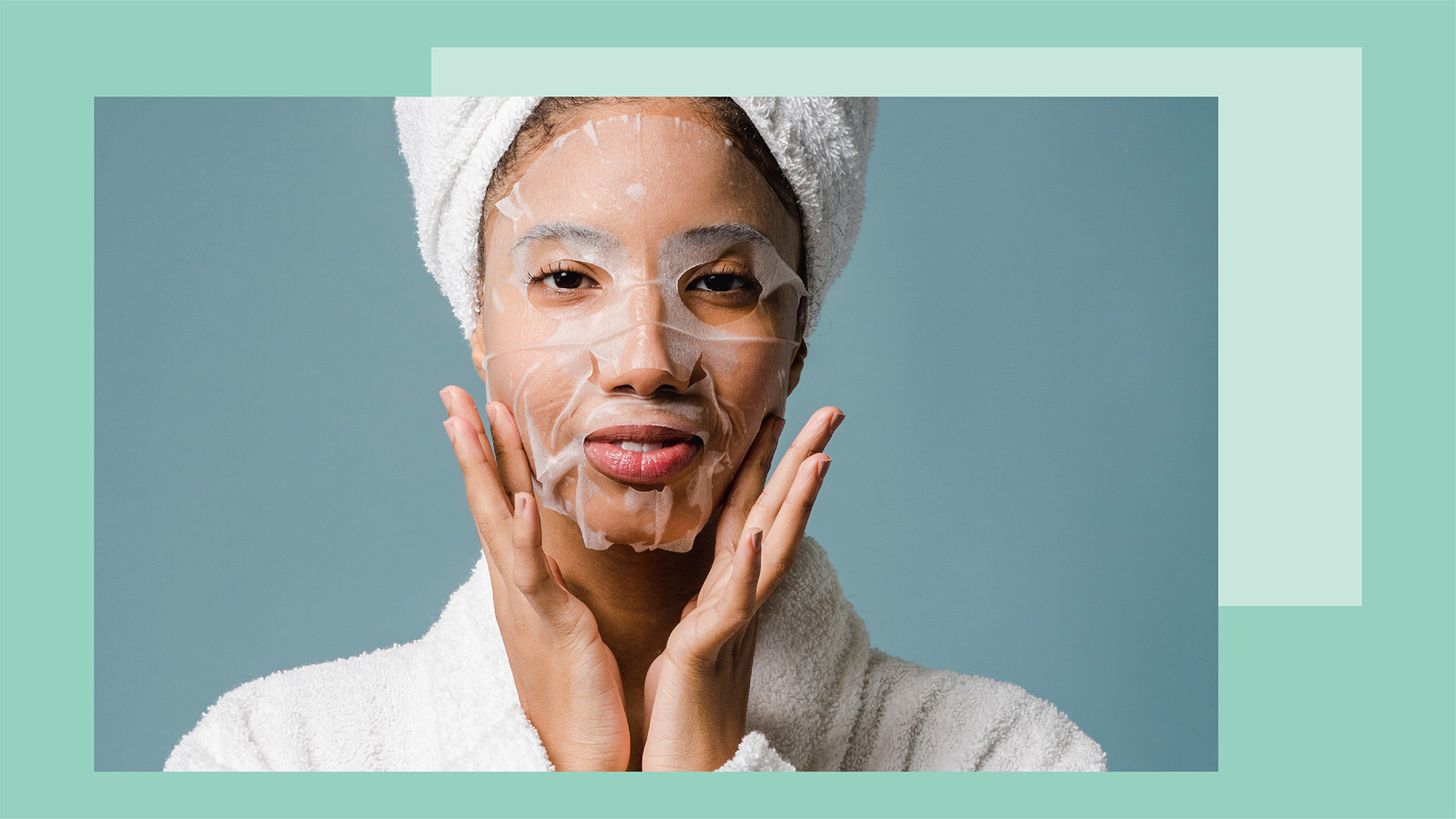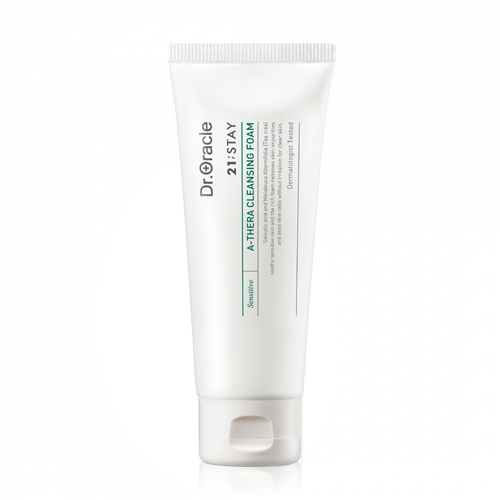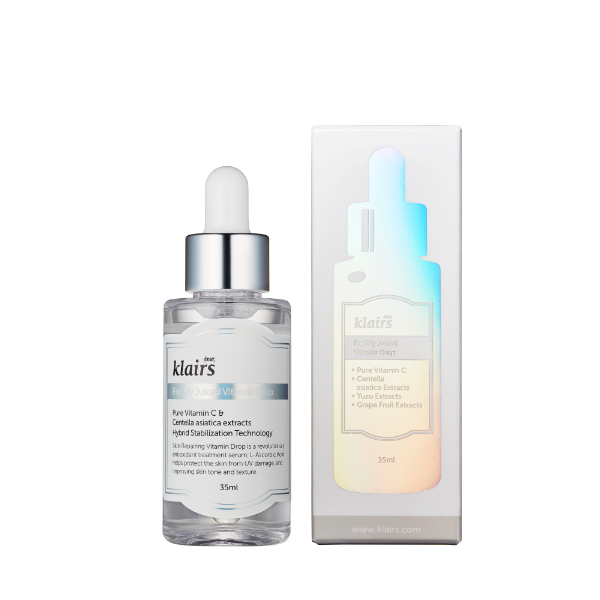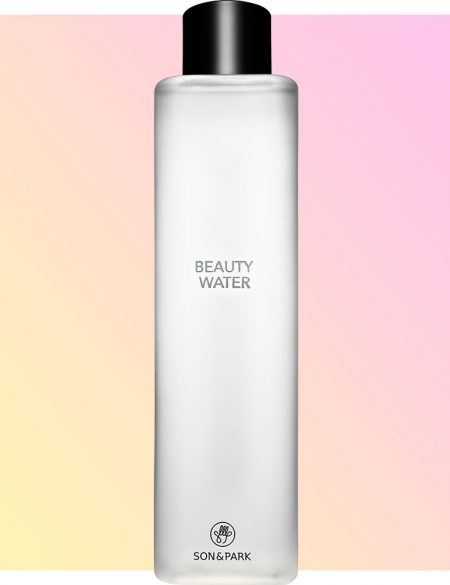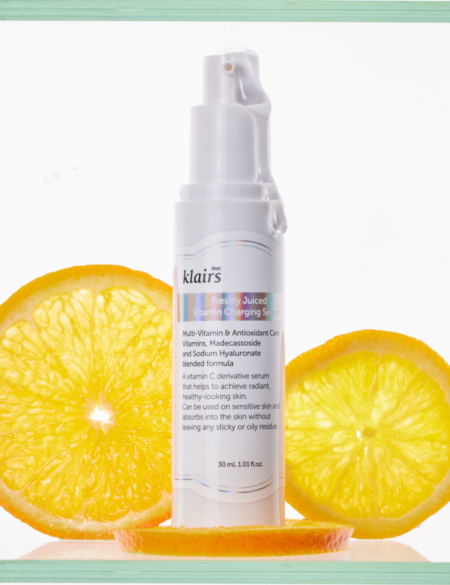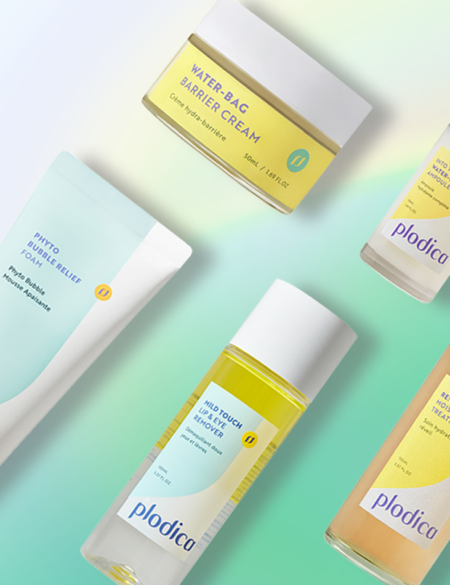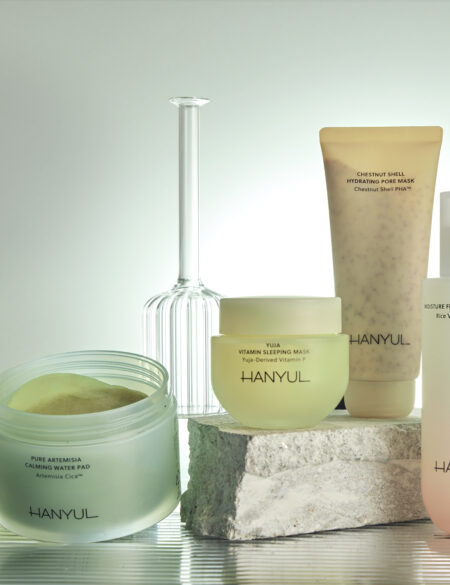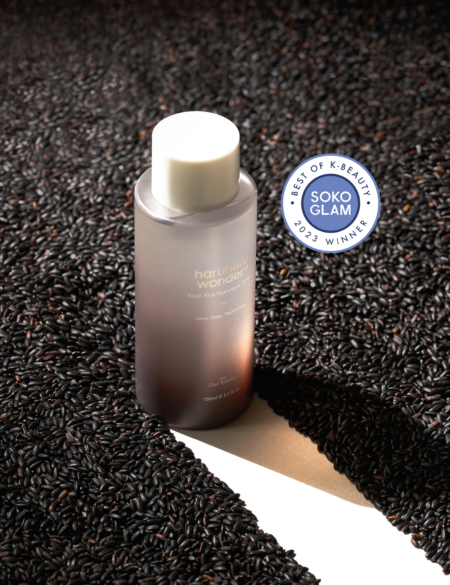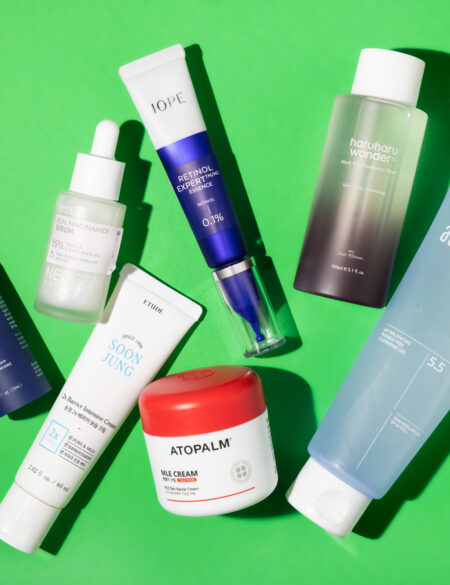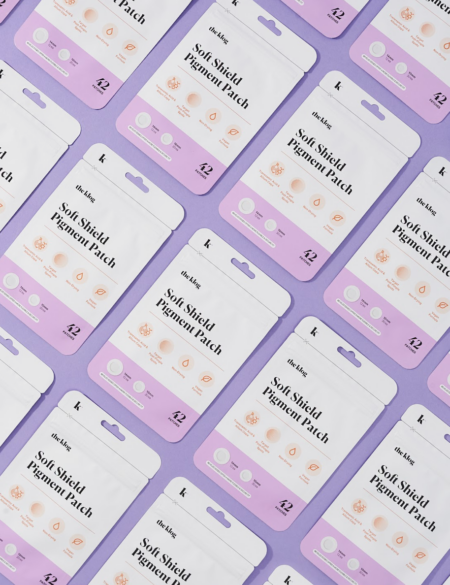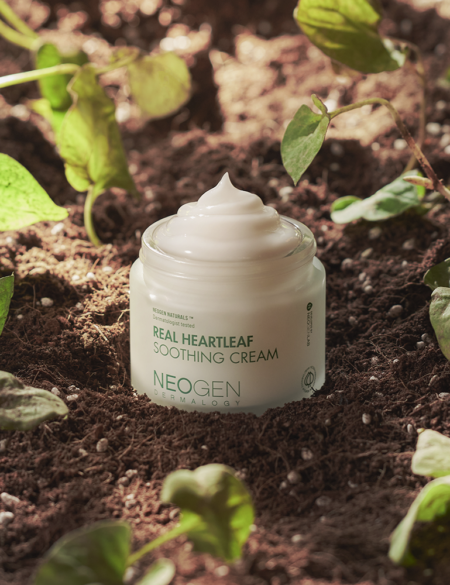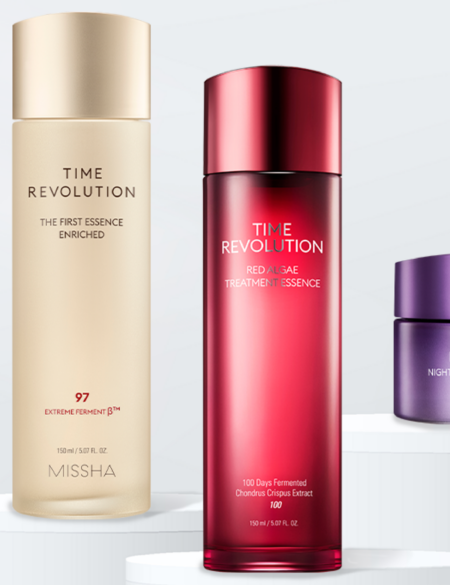One skin care-obsessed Latina woman didn’t think K-beauty was for her, until she finally gave it a try. Read on to find out what changed her mind, plus to shop her go-to products.
I’ve been a skin care junkie for as long as I can remember. After a few minor breakouts here and there in high school, my Dominican mom made sure I booked an appointment with a dermatologist, who recommended I wash my face with a gentle cleanser like Cetaphil twice a day and opt for hydrating and oil-free moisturizers. Mami got me my first official skin care routine for oily-combination skin by Clinique when I was around 16 or 17-years-old. I was then introduced to luxury skin care when I started interning at the beauty departments of fashion magazines post-college.
But when Korean beauty started to become a big thing here in the states in 2016, I was initially very hesitant to try it. As a Latina woman with a naturally tan/caramel complexion, I didn’t think K-beauty was designed with me or darker-skinned women in mind. Was it even safe for black and brown women to try?
Before K-beauty became the phenomenon that it is today in the states, there was this misunderstanding that Korean beauty was created with one main goal in mind: to help make skin look as fair and translucent as possible. It’s no secret that skin bleaching is a huge beauty practice in Korea and in other parts of the world including China, the Philippines, Thailand, Vietnam, India, Nigeria, and Jamaica. Skin bleaching products, which often contain harmful ingredients like mercury and high-dose steroids, are used to significantly lighten skin tone in an effort to achieve a fairer complexion.
For many women in these countries, skin bleaching goes way beyond vanity. In their communities, to have fair skin means to have greater opportunities professionally, financially, and socially. The mentality behind it is deeply rooted in colonization. It’s this idea many of women of color have been conditioned to believe, that to be whiter means to be more beautiful and essentially superior.
But just because skin bleaching still happens in Korea doesn’t mean these agents are in its skin care. In fact, in the K-beauty products available to us here in the states, bleaching agents aren’t included at all.
The confusion comes from the fact that a lot of the products have terms like “whitening” printed on the labels. In fact, the emphasis on “whitening” is often understood to mean bleaching and causes a lot of WOC to shy away from using K-beauty. But “whitening” in this case doesn’t mean it’s going to whiten or lighten your skin. In Korean skin care, whitening is often synonymous with brightening, meaning to even out skin or fade hyperpigmentation like post-acne dark spots or sun spots. Once I understood all that, I realized that maybe K-Beauty was something that could work for my skin.
I spoke with quite a number of brown-skinned Latinas who were raving about how K-beauty was helping them with everything from evening their skin tone — something very common with WOC — to fading their dark spots. I was immediately intrigued and eager to try.
After doing a ton of research, I not only learned that the K-beauty products on the mainstream market do not bleach your skin — I repeat they do not bleach your skin — but I learned that there were quite a few products out there that could benefit my skin. There was also something fascinating just about the dedication Korean women have to their skin. They are meticulous when it comes to cleansing, hydration, and protecting their skin from harmful UV rays which can lead to wrinkles, hyperpigmentation but more importantly — skin cancer. These were impressive concepts I wanted to bring to my own skin care routine.
I started off just with cleansing. First because it seemed safe and secondly because my oily-combination skin occasionally breaks out especially during hormonal times — a.k.a when I have my period. I figured double cleansing was worth a shot. Not only did it turn out to be worth it, but double cleansing immediately transformed my skin. The combination of cleansing first with an oil cleanser to remove any excess oil and makeup from my face and following it with a gentle foaming cleanser, deeply cleansed my skin without stripping it of necessary oils. My skin was soft, I wasn’t really breaking out, and my complexion even appeared more radiant — while still remaining brown y’all! I was sold.
I’ve tried a number of different formulas but these days my ultimate favorites are: The Hanskin Pore Cleansing Oil, which is designed specifically for oily and acne-prone skin and is formulated with polyhdroxy acids (PHAs), and the Dr. Oracle A-Thera Cleansing Foam, that also works to fight stubborn acne while cleansing sensitive skin, and calming and soothing it.
After having such a great experience with the double cleansing method and discovering that a lot of the products I was using were actually made with natural ingredients and safe to use daily, I decided to branch out.
How could I fade this pesky post-acne dark spot on my right cheek along with a scar I got from the worst facial in the world? From working in the beauty world for so many years I already knew the many benefits of incorporating vitamin C into my skin care routine. But not all vitamin C serums are created equal. In fact, some of them could be quite harsh on super sensitive skin like mine, so I directly reached out to Charlotte Cho for some tips and advice.
She recommended the Klairs Freshly Juiced Vitamin C Serum, which to my amazement not only significantly reduced the appearance of my two dark spots, but also improved the overall appearance of my face. My skin was brighter, smoother, clearer, and radiant at all times. It was also gentle, never leaving my skin red, blotchy or irritated – and all for a relatively affordable price.
Bottom Line
I was afraid to try K-beauty and now I’m forever grateful that I did. Almost every skin care product I use today is a K-beauty product that has really helped the overall appearance and health of my skin. After such a positive experience, I no longer believe that K-beauty was created without brown-skinned women in mind — not the new stuff anyway. I especially believe this to be the case when it comes to the products designed to tackle hyperpigmentation.
My advice for any brown or black girl out there who has her reservations about K-beauty? I say, give it a try and don’t be afraid to hit me up for recommendations. Trust me, your skin will thank you later!


